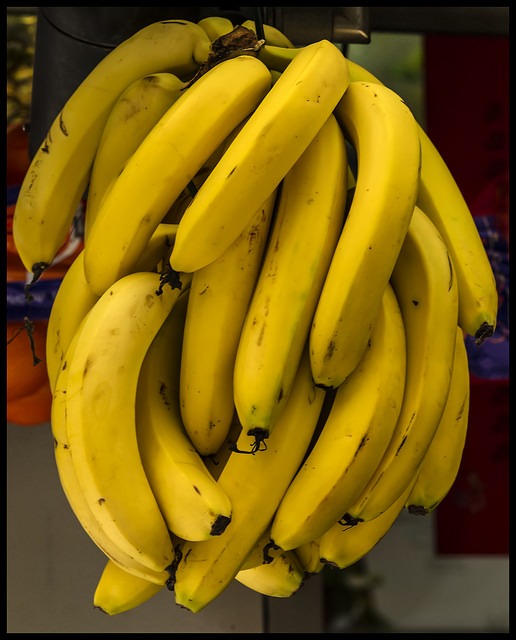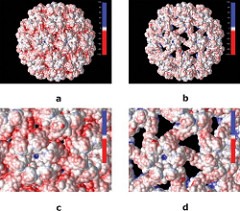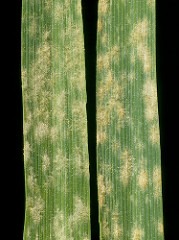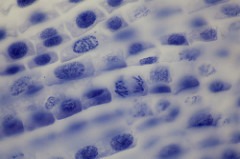
GM/Biotech Crops Report – January 2019
3rd January 2019- GM/Biotech Crops Monthly Reports (BELOW) form part of BCPC’s free three-tier Biotech Crops Info service.
- This service also includes a weekly round-up of news from around the globe – see BCPC Newslink GM Crops section.
- Plus – Free access database on over 300 GM/biotech products covering 23 crops in the global market visit BCPC’s GM/Biotech Crops Manual – Register here for free access.
Already registered? Click here
GM/Biotech Crops Monthly Report January 2019
 |
Gene-edited medicines |
|---|---|
| Virus resistance for soybeans Evaluations under field conditions over 3 years has demonstrated that soybeans engineered for over-expression of PAC1 genes show reduced sensitivity to soybean mosaic virus, bean common mosaic virus, watermelon mosaic virus and bean pod mottle virus. More Pic: Sobolevnrm |
 |
 |
Banana revival Over half the world’s bananas are the Cavendish variety which is sterile. This means that it is not possible to breed in better disease resistance and it is very susceptible to a pandemic. However, researchers at Queensland University in Australia have successfully edited the genome using CRISPR-Cas-9 techniques, thus offering the possibility of improving the disease resistance of this valuable crop. More Pic: John |
| Tobacco mosaic virus – the new factory? Researchers in Spain have engineered the genome of the tobacco mosaic virus so that when it is established on the leaves of Nicotiana plants it produces large quantities of new anti-fungal compounds. More Pic: Steve Brand |
 |
 |
Powdery mildew control in wheat The spring wheat variety ‘Bobwhite’ is very susceptible to powdery mildew but when specific alleles of the Pm3 gene were edited into its genome it showed strong field resistance to the disease. Now this gene will be incorporated into wheat breeding programmes. More Pic: Bayer |
| Send in the clones Some 400 species of wild plants are known to produce viable seeds without fertilisation but this does not occur in most crop species. Now researchers at the University of California have discovered a way to persuade rice to form seeds by mitosis rather than meiosis and thus produce clones of the mother plant. More Pic:Ken Schwarz |
 |
THE LATEST ADDITIONS TO THE GM/BIOTECH DATABASE ARE:
• MON88702 – cotton with Hemipteran insect resistance approved for food use in Canada.
• GHB811 – cotton with tolerance of glyphosate and isoxaflutole herbicides approved for food use in Canada.
FOR INSTANT ACCESS TO GM BIOTECH MANUAL CLICK HERE (Registration required)
Already Registered? Click here to access

